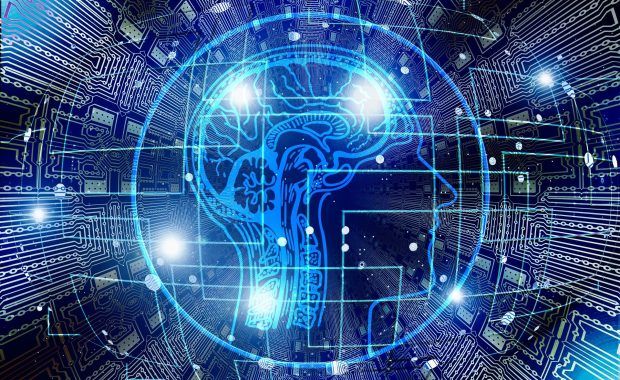The University of Coimbra opens a call for the assignment of a research grant, with one position(s), under the project PharmaRobot – Logistic Robot for urgent medicine distribution. The call is governed by this Notice of Opening, the University of Coimbra Research Grant Regulations (RBI-UC), subsidiarily by the Research Grant Regulations of the Foundation […]
Understanding and mitigating bias to harness AI responsibly
Published last June 27, AI bias in law enforcement – a practical guide provides a deeper understanding of the issue and explores methods to prevent, identify, and mitigate risks at various stages of AI deployment. The report aims to provide law enforcement with clear guidelines on how to deploy AI technologies while safeguarding fundamental rights. […]
PhD – Candidate in Artificial intelligence guided materials discovery and design – Norway
NTNU is seeking a 3-year PhD candidate to join our cutting-edge research in materials discovery and design, focusing on materials for a wide range of applications. This position involves leveraging advanced artificial intelligence techniques to accelerate the design and optimization of materials that can enhance performance, efficiency, and sustainability across various technologies. The successful candidate […]
Commission seeks input to clarify rules for general-purpose AI models
Last April 22, the Commission invites stakeholders to bring their practical experience to shape clear, accessible EU rules on general-purpose AI (GPAI) models in a targeted consultation that will contribute to the upcoming Commission guidelines. The guidelines will clarify key concepts underlying the provisions in the AI Act on GPAI models. Upcoming guidelines will give […]
Commission to invest €1.3 billion in artificial intelligence, cybersecurity and digital skills
The Commission will allocate €1.3 billion for the deployment of critical technologies that are strategically important for the future of Europe and the continent’s tech sovereignty through the Digital Europe Programme (DIGITAL) work programme for 2025 to 2027 adopted on March 28th. The work programme focuses on the deployment of Artificial Intelligence (AI) and its uptake […]
The deployment of AI to strengthen competitiveness is debated
The contribution of regions and cities to boost European competitiveness and efforts to make Artificial Intelligence work for all citizens were the main focus of the meeting of the Commission for Economic Policy (ECON) on 10 March. Use of AI in public administration In efforts to improve Europe’s competitiveness, advanced technologies and AI are […]
Artificial intelligence to prevent future pandemics
AI advances could tackle future disease outbreaks, says international study. The COVID-19 crisis may already be a few years behind us. But questions inevitably arise if we’re adequately prepared for a future pandemic. AI is radically changing the way we live and work. It’s also poised to change research in infectious diseases. Can AI also […]
Internship – OECD Programme – Several Countries
The OECD Internship Programme is designed to bring highly around 500 qualified and motivated students with diverse backgrounds into the Organisation to work on projects linked to the Strategic Orientations of the Secretary-General and to support the corporate functions of the Organisation. Its main goal is to give successful candidates the opportunity to improve their […]
Road safety and artificial intelligence, a possible union?
Europe may have made some progress in reducing road fatalities since 2019, but it is still far from its target of halving the number of road deaths by 2030. While AI and emerging transport technologies offer new opportunities for innovative solutions to tackle this problem, they need to be deployed in a responsible, equitable, efficient […]









